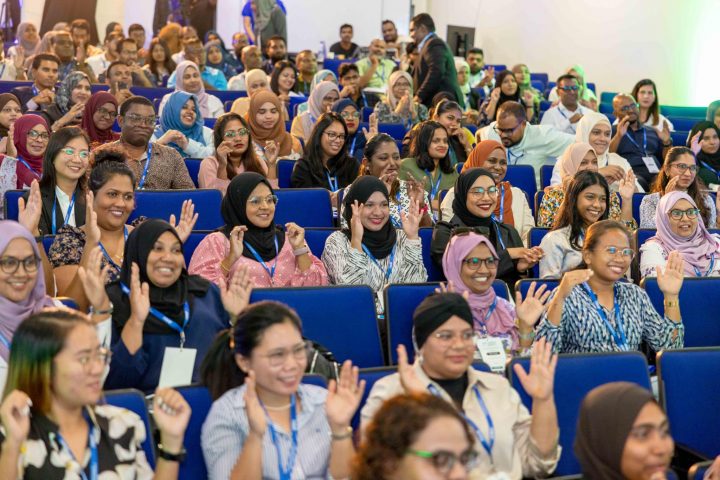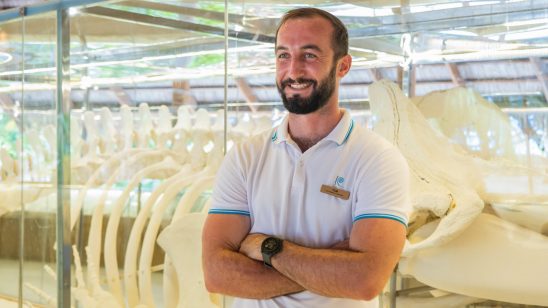
Study reveals critical HR gaps, opportunities ahead of 2025 localisation mandate
A study by the Maldives Association of Human Resource Professionals (MAHRP) has shed light on the state of the nation’s HR sector, revealing a young, academically qualified workforce facing significant structural barriers to career progression. The “Maldives HR Capacity and Skills Study,” released in July 2025, comes at a critical juncture as large organisations prepare to meet the 2025 government mandate for Maldivian leadership in senior HR roles.
The comprehensive study, which surveyed 137 HR professionals across 70 large organisations, found that the tourism and hospitality sector is the largest employer of HR professionals, accounting for 50% of the respondents. This makes the report’s findings particularly resonant for the country’s primary economic driver.
The study paints a picture of a promising but underdeveloped leadership pipeline. A significant 71% of HR professionals in the Maldives are under the age of 40, signalling strong potential for succession. This is bolstered by strong academic foundations, with 73% of HR professionals holding Bachelor’s or Master’s degrees.
However, despite these academic achievements, a critical gap exists in professional certification. Less than 20% of first and second-in-line HR managers hold international HR certifications, a figure that stands in stark contrast to the global best practice of over 50%.
Key Challenges: Lean Structures and Stagnation
A central challenge identified by the report is the prevalence of “lean” HR structures within Maldivian organisations. Key findings highlight several pressing issues:
- Limited Career Mobility: 47% of organisations have three or fewer hierarchical levels in their HR departments, which severely limits opportunities for vertical career growth.
- Blocked Career Paths: This structural limitation contributes to a sense of stagnation, particularly among functional heads. The report found that 40% of these senior professionals have been with the same organisation for over seven years and cite a lack of clear career paths as a primary challenge.
- Resource Constraints: The capacity of HR departments is often stretched thin. 24% of large companies operate with an HR team of fewer than five staff members.
- Bureaucratic Hurdles: Decision-making is often hampered by red tape, with 29% of HR leaders reporting that bureaucracy slows down processes and impedes agility.
The study also notes that while there is high internal mobility—with 78% of HR professionals having been in their current roles for under five years—this dynamism can also lead to challenges in career development if not managed properly.
Strategic Recommendations
The MAHRP study provides a clear, evidence-based blueprint for the path forward. To address the identified gaps and build a resilient HR community capable of leading through change, the report outlines five strategic recommendations for organisations:
- Establish Career Progression Frameworks: Create structured career paths to combat the challenges posed by flat organisational structures.
- Invest in Leadership Development: Roll out targeted programs to equip mid-career professionals with the necessary leadership skills.
- Prioritise Succession Planning: Identify high-potential employees early and nurture their growth through mentorship and developmental opportunities.
- Promote Professional Certification: Encourage and support HR teams in obtaining industry-recognised certifications that align with global standards.
- Enhance HR Capacity and Efficiency: Conduct audits of HR staffing levels and strategically use technology to enhance, not replace, human interaction in HR processes.






